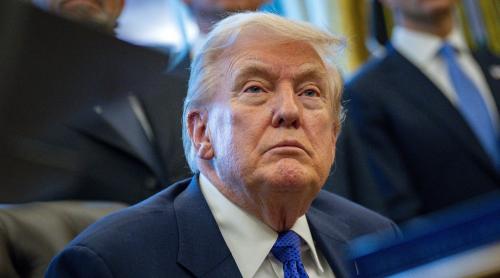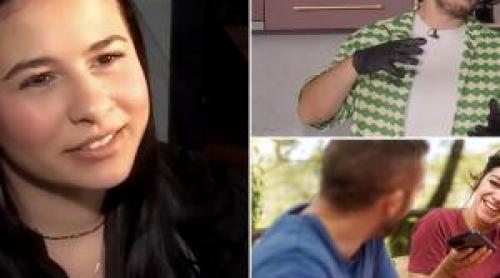
INTEGRATION - October 2nd 2004
A teacher, a vegetable gardener, a farmer, an artisan and an agro-tourism investor agreed to take part in an original experiment: 48 hours in a country of the EU. Their impressions and conclusions are the subject of a TV show.
By IRINA CRISTEA
From the Danube Delta, Dolj, Vrancea, Apuseni and Buzau straight to France, Germany, Ireland, Spain and Holland. This has been the experience felt by the five Romanian peasants, at their first out-of-the-country trip. They had the chance of seeing the way in which European citizens, having similar jobs, live and work. With the help of journalist Emil Hurezeanu, the teacher in Pirita discussed with the Irish teacher, the vegetable gardener in Ghidici saw the products of his counterpart in Holland, the artisan in Vrancea met the one in Spain, and the farmer in Cilibia enjoyed talking with the one in Germany. Their stories, what they saw and understood, can be seen in a TV show produced by the European Commissionâs Delegation in Romania, through EUâs programme Phare Informing and Communication. The show "Me and Europe" can be watched every Sunday, at 10:30, on TVR1 for five weeks.
REACTIONS. The visit of the five Romanians in EU did not last all the 48 hours but the impact had been extremely strong, as they themselves said. "I canât believe my eyes", "I didnât believe the European financing is for people like me", "I have new ideas now" are few of the reactions belonging to the Romanians who saw with their own eyes the Union methods of the work they do in Romania.
CONCLUSIONS. Traian Apostu is an agro-tourism investor in Murighiol, in the Danube Delta. "Iâm from Galati, from Murighiol and from Europe in the same time", he recommends himself. In the Delta he has a 15 room pension, which is quite profitable, though he never advertised it, didnât see the way in which these things work abroad, didnât ask for any financing. "There hasnât been anyone, not the most important people, in our region to tell us there are European funds that one can use according to his needs", says Apostu, who admits he didnât believe these funds were for people like him. He found out the opposite when talking to Alain de Liberos, a pension owner in France.
Pavel Lupasc, artisan from Vrancea, found out that pottery producer Arturo Mora received money from EU to buy a traditional wooden oven, hundreds of years old. He also found out that, in Spain, there are a lot of peopleâs artists organizations that demand grants and project financing.
In Germany, farmer Felicia Stoian, from Buzau, saw the way the farm was organized, the animal breeding, and methods to obtain the grants. "When at home, Iâll probably organize the stable in another way, the Germany experience gave me ideas", she said.
Tranlsation: SORIN BALAN
Citește pe Antena3.ro

















